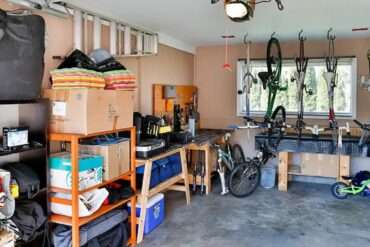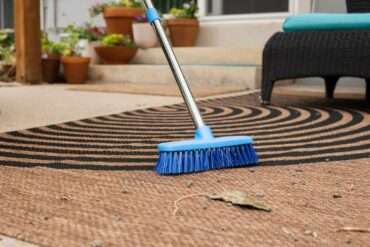Table of Contents
Being energy-efficient benefits your wallet and the environment. In light of this, the following is a list of 10 quick and simple ways to cut back on your use of electricity, save money on bills, and protect the environment.
1. Make sure your water cylinder is properly insulated
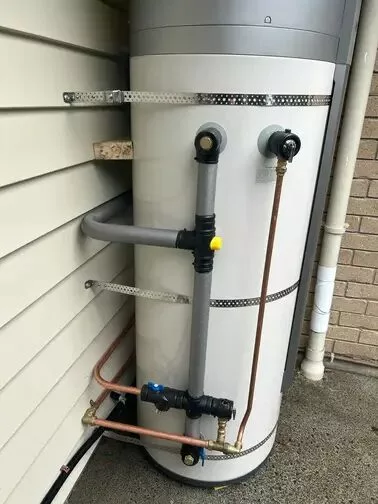
The electric shower and the tumble dryer come to mind first when we consider energy-guzzlers. But in most households, heating water consumes more energy than anything else and, in certain situations, can make up half of your yearly electricity bills.
Just by adequately insulating your tank, you can cut your water heating expenses by up to 30%.
A high-quality, three-inch thick lagging jacket can save you a tonne of money and quickly pay for itself.
Furthermore, a common misperception among Irish people is that maintaining hot water continuously is less expensive than turning on and off the immersion. This is untrue. Use your immersion only when you really need hot water. Avoid leaving it on all the time.
2. Conserve hot water
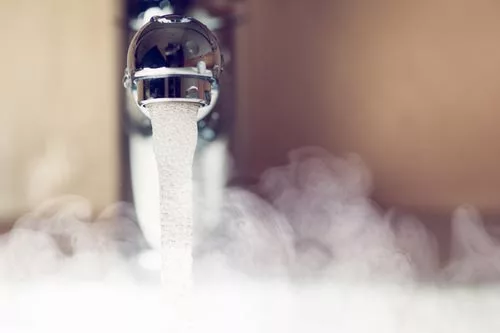
Saving water—in this case, hot water—is not only beneficial for the environment but also for your wallet.
As was already mentioned, heating water consumes a lot of energy, so be careful not to squander it.
Don’t let the hot tap run for too long whether you’re cleaning your teeth, washing your hands, or doing the dishes—you’re essentially wasting money. Of course, taking a shower uses a lot less hot water than taking a bath, especially if you have an Echo shower head. Thus, reserve using the tub for those moments when you really need to unwind and have a lengthy bath! Alternatively, opt for a walk-in shower and do away with the bathtub.
However, aim to limit your shower time to no more than five minutes. Consider shutting off the shower for a minute or two while you lather and scrub if you have a fancy shower regimen (think shampoo, conditioner, body scrub, face mask, etc.).
Additionally, you may occasionally “treat” yourself to a cold shower—we’re told there are many advantages!
3. Turn the thermostat down
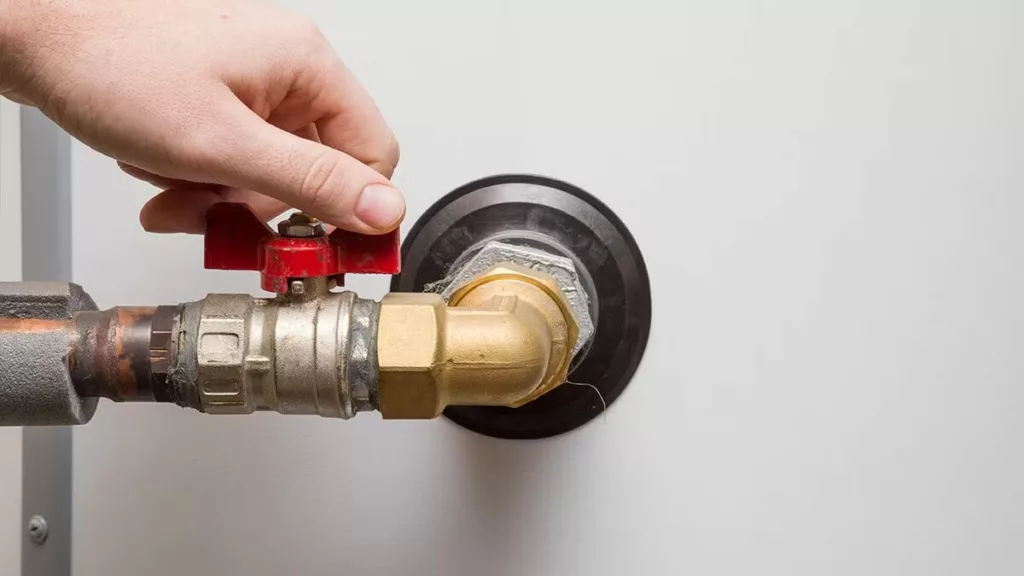
In Europe, most homes have their heating turned up too high—up to 22 or 23 degrees.
It should be sufficient to be at 20 degrees (if this makes you feel a little bit chilly, think about wearing an additional layer of clothing).
You can reduce your heating bills by up to 10% for each degree you turn the dial.
4. Use a timer plug for your lights
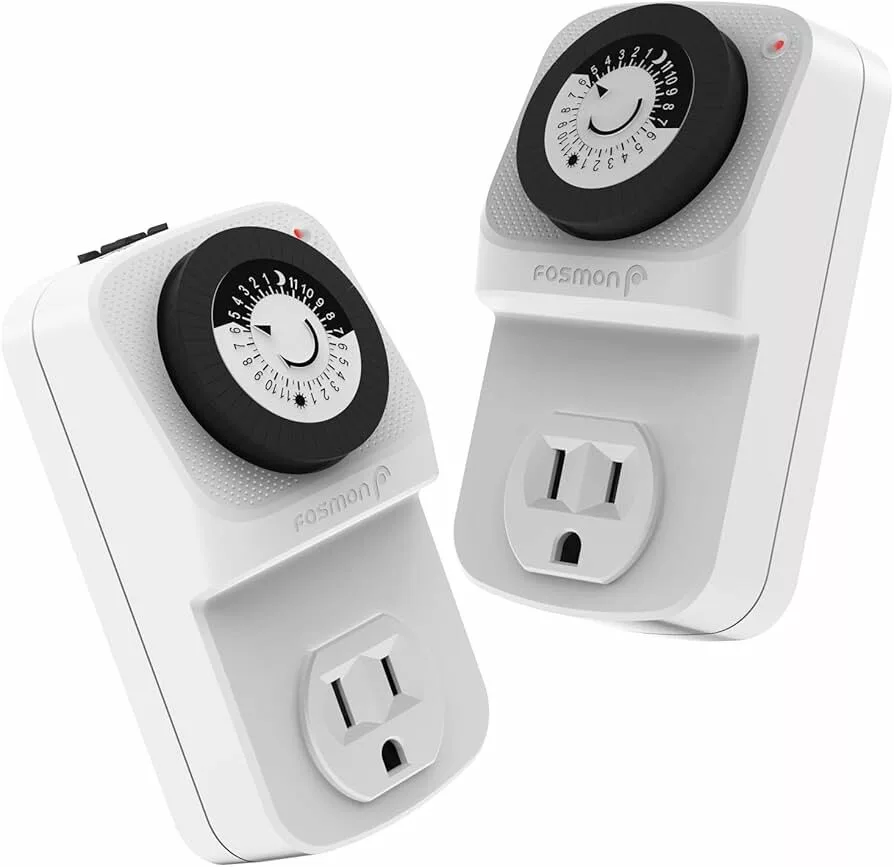
One easy and affordable approach to manage the timing of your lights’ on and off throughout your house is with a timer plug. Basic ones may be purchased for as little as €10, and they can help you save money on power.
From a security standpoint, timer plugs are also an excellent method to make sure your home is well-lit while you’re away.
That gets us to our second point: if you’re willing to pay a little bit extra to have the ability to manage your heat and lights from outside your house, you should consider getting a smart device.
5. Think ‘Smart’

With the help of smart devices, you can use an internet-connected device or your smartphone to remotely manage the lighting and heating in your house. As a result, you will have more control over your lighting and heating, which will increase convenience and lower your energy costs. To avoid spending money heating an empty house, you may easily arrange your heating to turn on later if, for example, you’re stopped in traffic after work and will be an hour late arriving home.
6. Mind the fridge

Your refrigerator consumes more energy than you may imagine because it must operate continuously. In actuality, maintaining a refrigerator may cost as much as €10 a month.
The refrigerator door takes around 45 minutes (and more energy) to cool back to its initial temperature for every 10 to 20 seconds when it is left open. Thus, when getting food, try not to keep the door open too long.
Also, avoid placing hot food directly into the freezer or refrigerator. To cool down, the refrigerator or freezer will need to use more electricity and work harder.
Lastly, maintain a temperature of 3 or 4 degrees in your refrigerator for optimal results. Any colder, and your fruit will be ruined.
7. Buy low-energy light bulbs (LED)
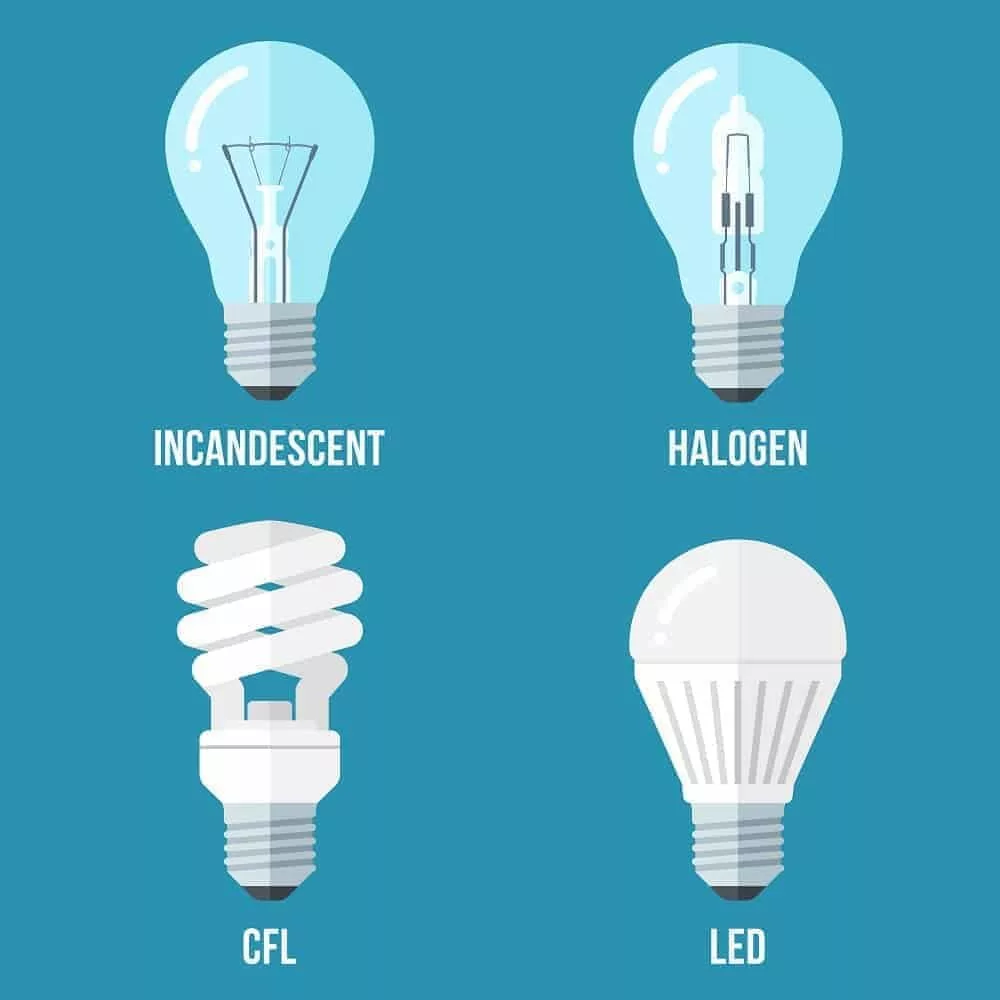
Similar to the immersion, we are aware that they will save us money, but the majority of us are unsure of the precise impact they will have.
Compared to a regular lightbulb, an LED lightbulb can save up to 80–90% on electricity use and have a 10-fold longer lifespan. Changing just one lightbulb can result in annual electricity savings of about €6. Therefore, depending on how many lights you have, changing every lightbulb in your house may potentially save you up to €60 a year. Not too bad!
Moreover, make sure to switch off the lights when you leave the room. Many European people have the idea that it’s preferable to leave appliances on most of the time rather than turning them on and off often, which wastes electricity.
This is incorrect, particularly with regard to more recent and contemporary technology. You can reduce your energy costs by shutting off the lights, TV, portable heater, and other appliances when you leave a room, even for a brief period of time.
9. Pull the plug
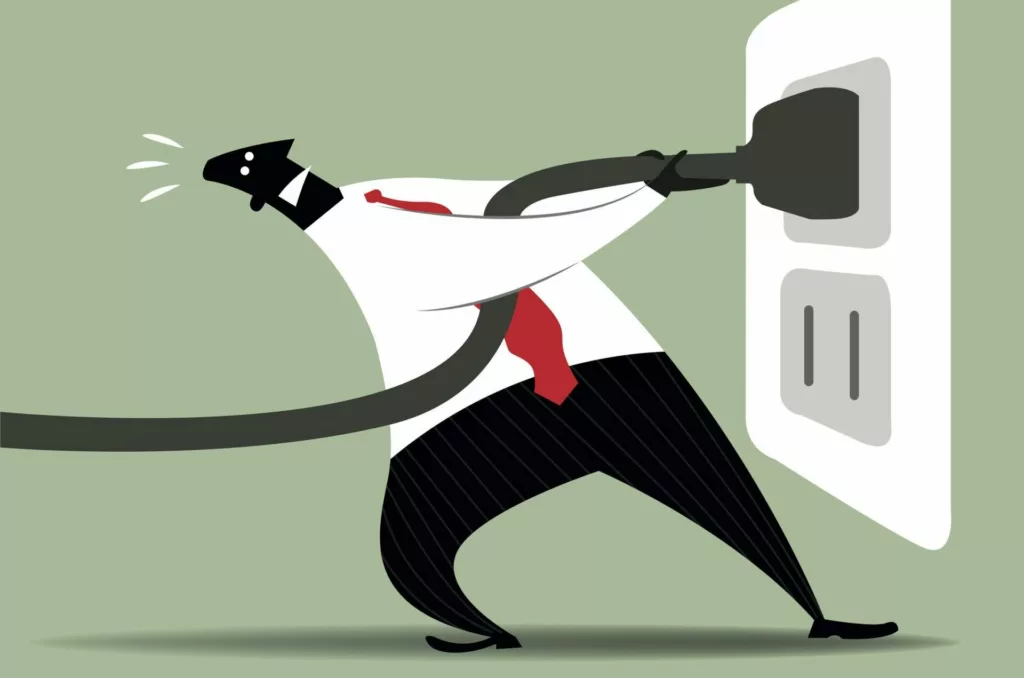
Certain appliances have the ability to continue sucking power even after being shut off, however this isn’t nearly as common as it once was.
It’s also known as “phantom” or “vampire” electricity (for obvious reasons), and is commonly referred to as “standby” electricity loss because it’s frequently linked to gadgets in standby mode.
10% or more of the total electricity used by appliances, or at least €50, can be attributed to standby energy on an annual household electricity bill. Thus, before turning in for the night, unplug all laptops, PCs, TVs, game consoles, and other equipment. It is not only more cost-effective but safer as well.
10. Tackle draughts
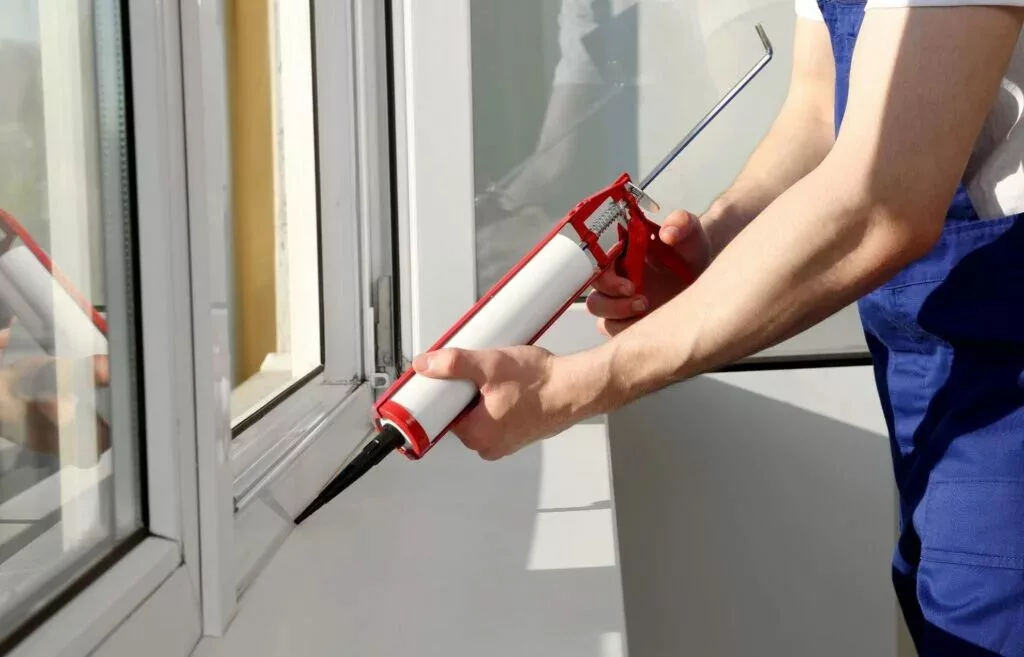
I know, we sound like your mum, but it’s true that keeping doors closed helps retain heat and reduce your energy costs, particularly when they’re between heated and unheated spaces.
Taking care of drafts coming from doors, windows, and keyholes is also crucial.
- Get draught excluders for your major rooms’ doors.
- Get a chimney balloon if you have an ancient fireplace that you aren’t utilising.
- If your letter box is prone to letting in wind, put a sponge inside of it.
- Invest in some inexpensive window seal tape from sites like Amazon if your windows are older.




